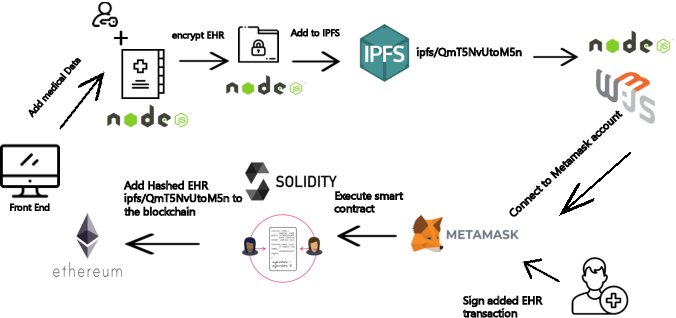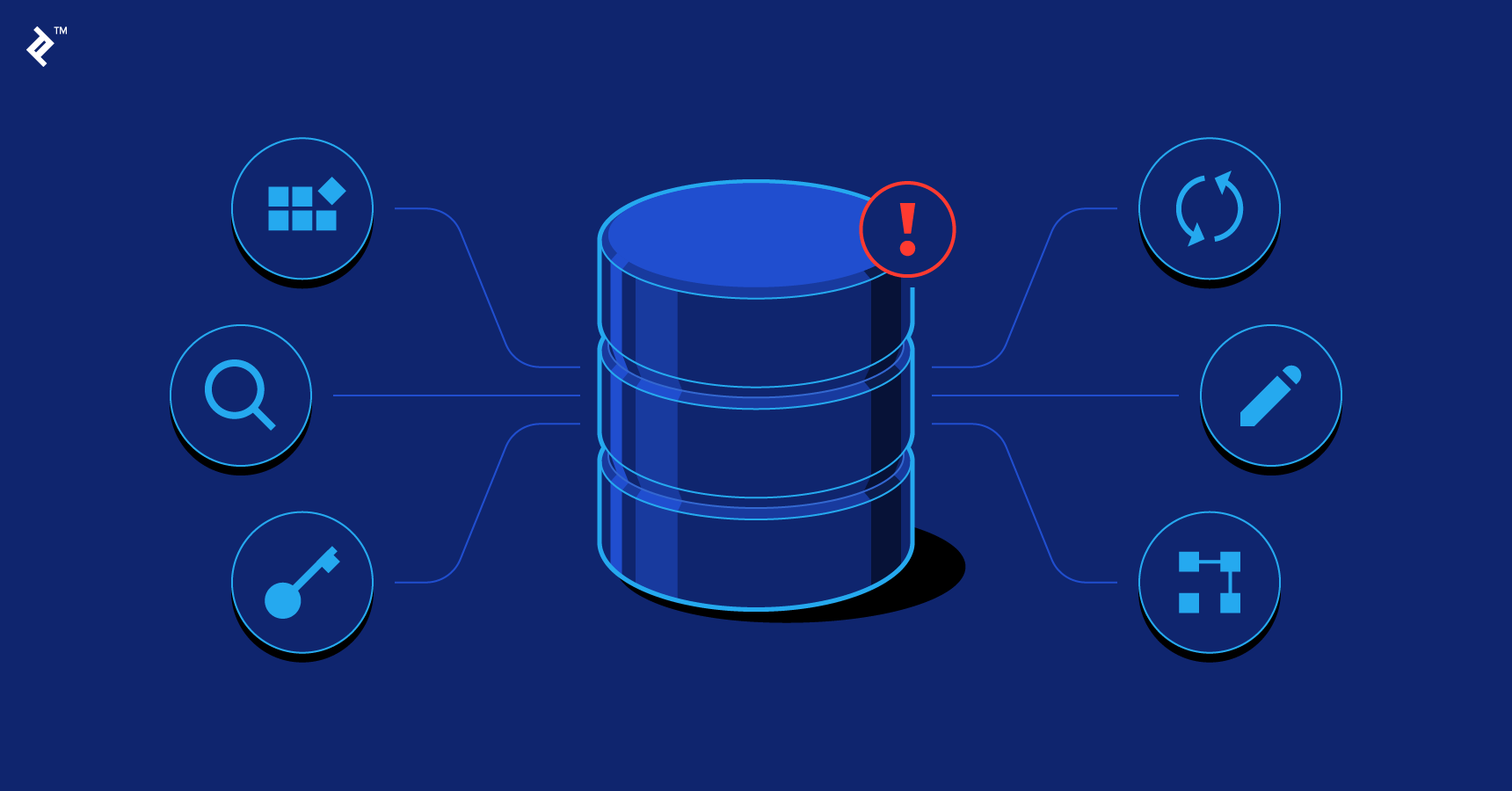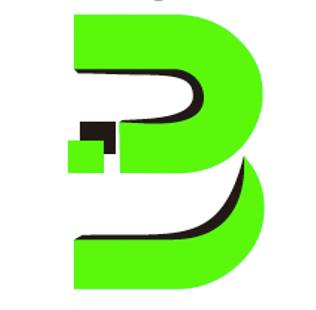Revolutionizing Healthcare with Advanced Technology: Delivering Better Care for Patients
The healthcare industry is constantly evolving, and advanced technologies like artificial intelligence, machine learning, and blockchain are playing a key role in transforming the way healthcare is delivered. At Bayesian, we’re dedicated to providing innovative solutions that help healthcare providers deliver better care for their patients.
Our advanced AI algorithms and machine learning tools help healthcare providers analyze vast amounts of patient data, allowing them to identify trends, diagnose illnesses, and develop more effective treatment plans. Meanwhile, our blockchain-based platforms help improve the security and privacy of patient data, ensuring that it’s always protected and accessible only to authorized personnel.
At Bayesian , we believe that healthcare is about more than just treating illnesses. It’s about building trust and relationships with patients, and providing compassionate care that improves their lives. If you’re ready to transform your healthcare practice with advanced technology, contact us today to schedule a demo and see how we can help you deliver better care for your patients.

Case Study
Secure and Decentralized Electronic Health Records with IPFS and Blockchain
Problem Statement: In traditional EHR systems, patient medical information is typically stored in centralized databases, making them vulnerable to security breaches and data theft. Additionally, patients have limited control over their medical data and often struggle to share it with healthcare providers in a secure and efficient manner. These issues can result in compromised patient privacy, medical errors, and inefficient healthcare systems.


Solution: By combining IPFS and blockchain, an EHR system can provide secure and decentralized storage of medical information while ensuring the privacy and security of patient data. IPFS enables healthcare providers to upload and store encrypted patient medical data in a decentralized and distributed manner, ensuring its availability and accessibility from anywhere in the world. Meanwhile, blockchain provides an immutable and transparent record of patient medical information, creating a more efficient and trustworthy healthcare system.
In this system, each patient is given a unique identifier that is associated with their medical information on IPFS and the blockchain. This identifier allows the patient to control access to their medical information and share it with other healthcare providers as needed. When a patient visits another healthcare provider, they can provide their unique identifier to grant access to their medical information. The healthcare provider can verify the patient’s identity and authority to access the information using the digital signature on the blockchain.
Any changes or additions to the patient’s medical information are encrypted, uploaded to IPFS, and signed using the healthcare provider’s digital signature. The changes are then recorded on the blockchain, creating an immutable and transparent record of the patient’s medical history.
By combining IPFS and blockchain, an EHR system can provide secure, decentralized, and transparent storage of patient medical information, enabling patients to control their data and share it with healthcare providers in a secure and efficient manner. This can help to improve the quality of care, reduce administrative overhead, and enhance patient privacy and security.
